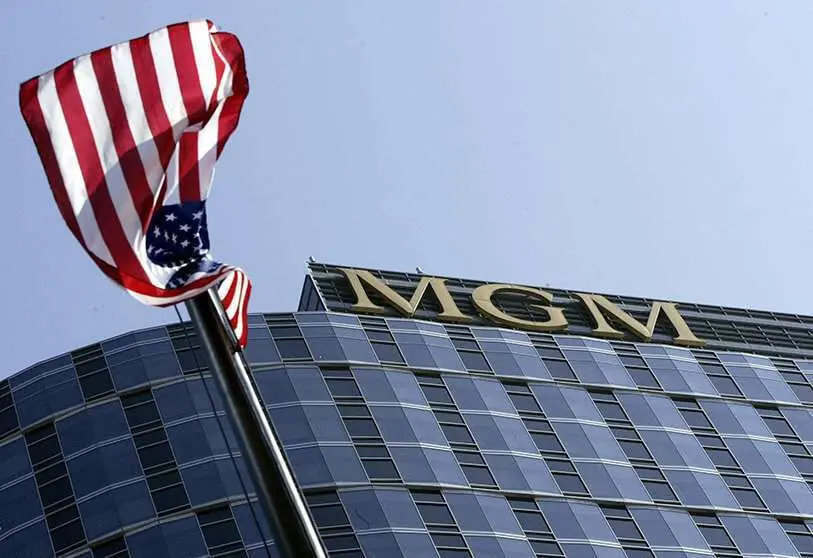The messenger who ate the lion

Amazon buys Metro Goldwyn Mayer for 6.9 billion euros. The news has travelled the planet from one end to the other: it brings together the great distribution giant of the 21st century, which is part of the daily lives of billions of people and is here to stay, and the great cinema giant of the 20th century, the major that topped all the spectator rankings year after year in the golden decades of the Seventh Art and which provided an escape route from the routine of the lives of billions of people.
The empire of the cardboard boxes with the shipment inside gobbles up the empire of those celluloid reels that no longer exist, and what it actually buys are the rights to timeless audiovisual works. The messenger that rings our doorbell several times a week has not only eaten the lion of the border that has headed so many films, that critter that still roars and thrills with its mere presence in the opening moment of a story. Let's hope we're wrong, but it gobbles up many other things: what represents a way of understanding cinematographic art, the aroma of the classic, the unrestricted values of universal culture, the care for quality instead of the weight of quantity. It gobbles up Lana Turner, Gable, Garfield, Garbo, Liz Taylor, Johnny Weissmuller, Robert Taylor, Joan Crawford and Spencer Tracy. It gobbles up a thousand and one romantic, thrilling, sophisticated, big-budget, luxurious adventures that none of its competitors (Paramount, Warner, Columbia, RKO) could ever come close to. It engulfs Culver City, the MGM studios on Washington Boulevard where all the films of the studio's golden age were shot. It engulfs L.B.M., the industry's first great tycoon. The tycoon who coined the best-remembered slogan, the one by which everyone recognised more stars in the Metro than in the firmament. If Louis B. Mayer were to raise his head from the grave of the Home of Peace Memorial in East Los Angeles, he would turn in horror to the niche, never to emerge again. Cinema no longer has great, authentic entrepreneurs like him to drive and understand it. It is now owned by retail chains and mobile phone manufacturers.
Jeff Bezos is, like almost all the owners of large multinationals in 2021, a man of his time, a time in which everything is relative and liquid, who is not going to be fussing about whether or not Gable, the boy with the huge ears, smokes in San Francisco. If he does smoke, Bezos will veto his Amazon Prime broadcast. If we are careless, he will also ban 'The Conquest of the West' because it glorifies Indian genocide, or 'Seven Brides for Seven Brothers' because it includes intolerable abuses of the female sex such as kidnapping. As in the abduction of Las Sabinas. One tweeter told me when the news broke that "Amazon Prime needs to expand its offer and it can do so now with MGM classics. I think there's more to it than that, though. Bezos is a revisionist woke, who does not hesitate to apply censorship to the content he offers and will remove anything that bothers him" (Julián Alfonso, @jualbel). Twitter dixit. A means of communication in the era of Jeff Bezos and his unwieldy Amazon.
The good thing about having been brought up in the era when film classics were still respected is what we learned from that respect. Seen today, the purchase of Metro by the distribution giant also has many good sides, such as the fairly equal dissemination of cultural content in millions of homes at the click of a remote control. How else could our children discover Tay Garnett's 'The Postman Always Rings Twice'? Since its distribution in commercial cinemas is already impossible, it's a good consolation to have gems like this in your own living room.

